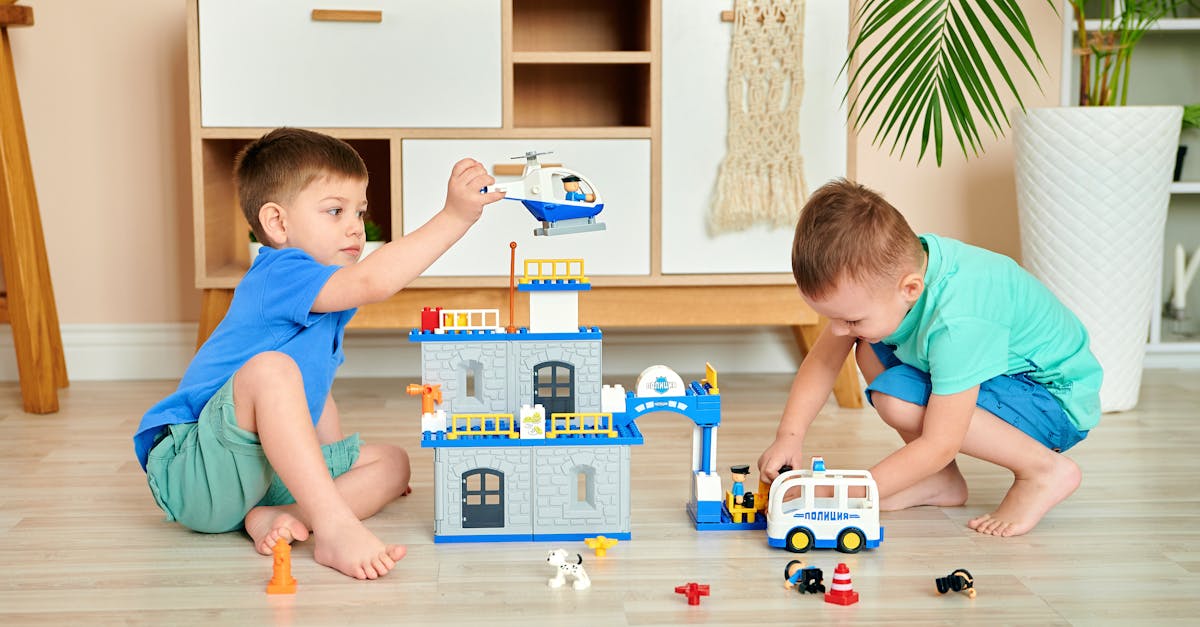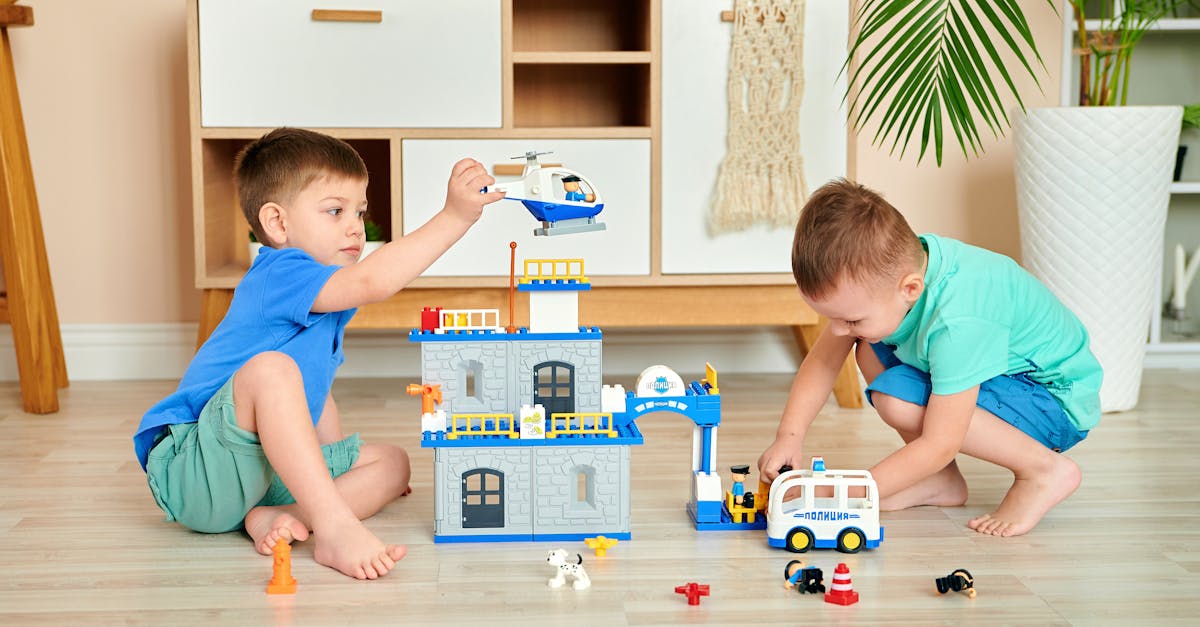Table of Contents
ToggleBringing a new life into the world is no small feat. While the joy of holding a tiny human can feel like winning the lottery, the emotional rollercoaster that follows can be a wild ride. Many new parents find themselves grappling with a whirlwind of feelings—everything from elation to exhaustion, and sometimes, a sprinkle of anxiety. It’s like being on a reality show where the prize is sleep, but the challenges are all too real.
Understanding Emotional Recovery After Birth
New parents experience a whirlwind of emotions following childbirth. Recognizing these feelings is crucial for effective emotional recovery.
The Importance of Mental Health Postpartum
Maintaining mental health during the postpartum period significantly impacts overall well-being. Research indicates that approximately 15% of new mothers face postpartum depression, underlining the need for attention. Emotional health affects parenting capabilities and children’s development. Seeking support from healthcare professionals, family members, or support groups fosters resilience. Prioritizing mental wellness enables new mothers to enjoy their journey.
Common Emotional Challenges New Mothers Face
Numerous emotional challenges arise for new mothers after birth. Feelings of anxiety, sadness, and overwhelming stress often surface. Many women report issues like fatigue and sleep deprivation exacerbating these emotions. The pressure of adjusting to new responsibilities frequently intensifies feelings of isolation. Difficulties in bonding with the newborn may also contribute to emotional distress. Awareness of these challenges encourages discussions and proactive measures for support.
Factors Influencing Emotional Recovery
Emotional recovery after birth involves various factors that significantly impact a new parent’s mental health. Understanding these elements is essential for fostering healing during this transformative period.
Hormonal Changes
Hormonal fluctuations play a key role in emotional recovery. After childbirth, significant drops in hormones like estrogen and progesterone can contribute to mood changes. These changes often lead to feelings of sadness or anxiety, making emotional adjustment challenging. Notably, research indicates that nearly 80% of new mothers experience the “baby blues,” a temporary emotional shift attributed to these hormonal changes. As one’s body gradually stabilizes, mood improvement typically follows, although some may encounter more severe issues like postpartum depression. Monitoring one’s emotions closely during this phase can help identify when professional support is necessary.
Social Support Systems
Robust social support systems greatly influence emotional recovery outcomes. Strong relationships with partners, family, and friends provide essential encouragement and practical assistance. Engaging with support groups can also foster a sense of belonging and understanding, as shared experiences often relieve isolation. Studies show that new mothers with supportive networks report lower rates of postpartum depression. Frequent communication with trusted individuals can empower new parents, helping them navigate challenges more effectively. Building and maintaining these support systems creates a nurturing environment for both the mother and the newborn.
Strategies for Emotional Recovery
Emotional recovery after birth involves practical strategies that enhance mental wellness. Incorporating supportive practices helps new parents navigate this transition.
Self-Care Practices
Self-care practices empower new parents to prioritize their emotional health. Engaging in activities like walking boosts mood levels and alleviates stress. Setting aside time for hobbies can also foster a sense of normalcy. Nutrition plays a key role; balanced meals support energy levels and mental clarity. Hydration helps maintain physical and emotional balance, while adequate sleep is vital for recovery. Incorporating relaxation techniques, such as deep breathing or yoga, creates space for emotional recharge. Establishing a routine enhances predictability, making daily challenges easier to manage.
Professional Support and Therapy
Professional support significantly benefits emotional recovery. Seeking therapy offers a safe environment to process complex emotions. Therapists can develop tailored strategies to address individual needs. Participating in support groups creates opportunities for shared experiences and connection. Group settings reduce feelings of isolation and foster camaraderie among new parents. Consulting healthcare providers ensures proper monitoring of mental health changes. They can recommend resources specific to postpartum challenges, guiding recovery efforts effectively. Utilizing these professional resources enhances resilience and emotional well-being, critical for thriving in parenthood.
Signs of Emotional Distress
Identifying signs of emotional distress after childbirth is crucial in supporting new parents. Early recognition can lead to timely intervention and improve overall well-being.
Recognizing Symptoms of Postpartum Depression
Some prominent symptoms of postpartum depression include persistent sadness, feelings of hopelessness, and difficulty bonding with the baby. New mothers might experience increased anxiety or panic attacks, making daily activities overwhelming. Irritability and mood swings frequently surface, affecting interactions with loved ones. Appetite changes often occur, resulting in significant weight gain or loss. It’s also common to feel fatigued despite resting, as sleep disturbances can exacerbate these emotions. Approximately 15% of new mothers face postpartum depression, underscoring the importance of awareness. Realizing these symptoms can facilitate early help-seeking and foster emotional recovery.
When to Seek Help
Notification of healthcare professionals is essential if symptoms of distress persist for more than two weeks. Seeking help becomes vital when emotional challenges interfere with daily routines or bonding with the baby. Persistent crying spells or withdrawal from loved ones signal the need for support. If new parents feel overwhelmed by negative thoughts or suicidal ideation, immediate assistance should be sought. Outreach to support groups or therapists can provide an essential outlet for shared experiences. Accessing professional resources promotes healing and strengthens resilience during this transformative period. Taking these steps creates a healthier emotional environment for both mother and baby.
Conclusion
Emotional recovery after birth is a vital aspect of the parenting journey. New parents face a whirlwind of feelings that can be both exhilarating and overwhelming. Recognizing and addressing these emotions is essential for fostering mental well-being.
By prioritizing self-care and seeking support from loved ones and professionals, new parents can navigate this challenging period more effectively. Building strong support networks and utilizing available resources can significantly enhance resilience. With time and the right strategies, they can find joy in their new roles and create a nurturing environment for themselves and their newborns.







